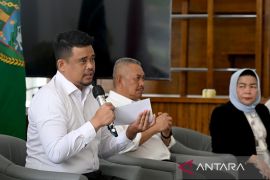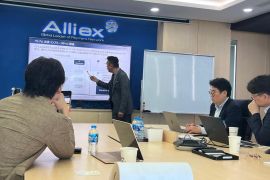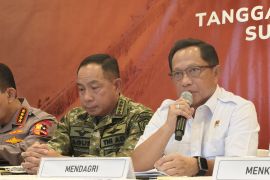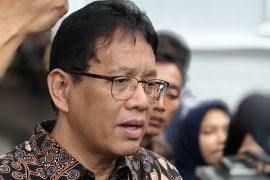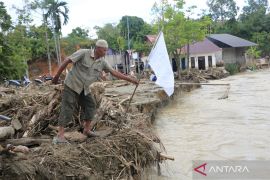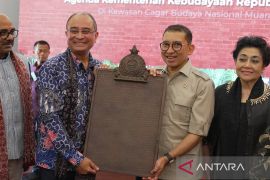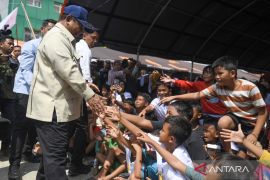"This workshop is in line with the recommendation of the High Level Task Force (HLTF) on strengthening the Secretariat," Lee Yoong Yoong, Director of Community Affairs Directorate of the ASEAN Secretariat, said in his opening remarks.
The workshop aimed to raise awareness of CCAD officers on fraud and anti-corruption issues, taking into consideration that the Department oversees the functions of Finance, Administration/Procuring, Information-Technology (IT), Human Resource (HR), and Community Affairs, many of which require interactions with both internal and external stakeholders, such as vendors and sales, according to the ASEAN Secretariat in a statement on its official website.
"While the CCAD is the first to go through this workshop, the aim is to expand and extend the participation to involve the other Departments, namely Political-Security, Economic, and Socio-Cultural, in the ASEAN Secretariat in the near future. The end-in-mind is to eventually create a strong corporate governance environment and greater anti-corruption awareness culture in the ASEAN Secretariat," he added.
"This workshop is a good starting point to learn more on the anti-corruption principles and mechanisms. As ASEC staff participating in this one-day session, we should be able to bring these ideas into our organisation, and draw our path to ensure ASEC is a corruption-free place," said Pattama Chearasirisin, Senior Officer of Human Resources Division and a participant in the workshop.
During the course of the workshop, CCAD staff were briefed by representatives of the Komisi Pemberantasan Korupsi (KPK) or Corruption Eradication Commission of the Republic of Indonesia on fraud and anti-corruption concepts, such as illegal business conducts, types of undesirable business and corporate behavior, risks and legal implications of fraud, as well as the best industrial practices of businesses. Future areas of cooperation with KPK were also explored. Colleagues from the Internal Audit and Evaluation Division (IAED) facilitated the discussion during the workshop.
The Deutsche Gesellschaft 'r Internationale Zusammenarbeit (GIZ) provided support to this workshop.(*)
Editor: Heru Purwanto
Copyright © ANTARA 2016

